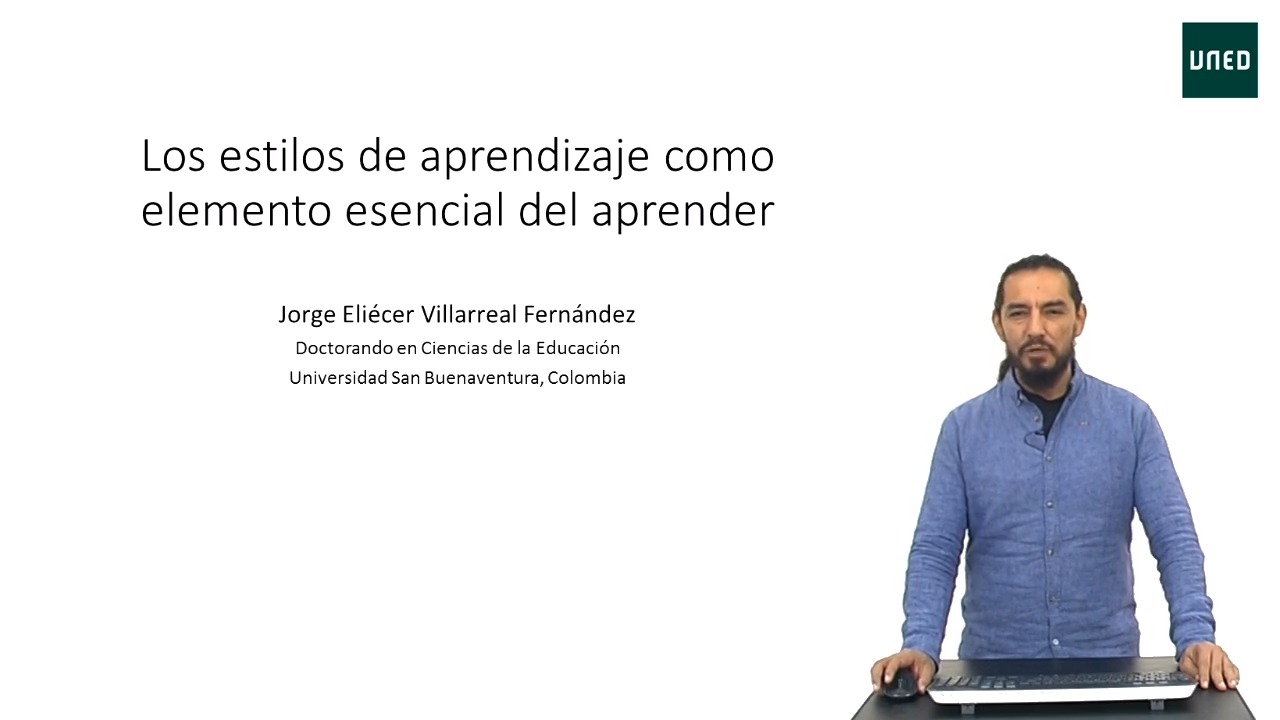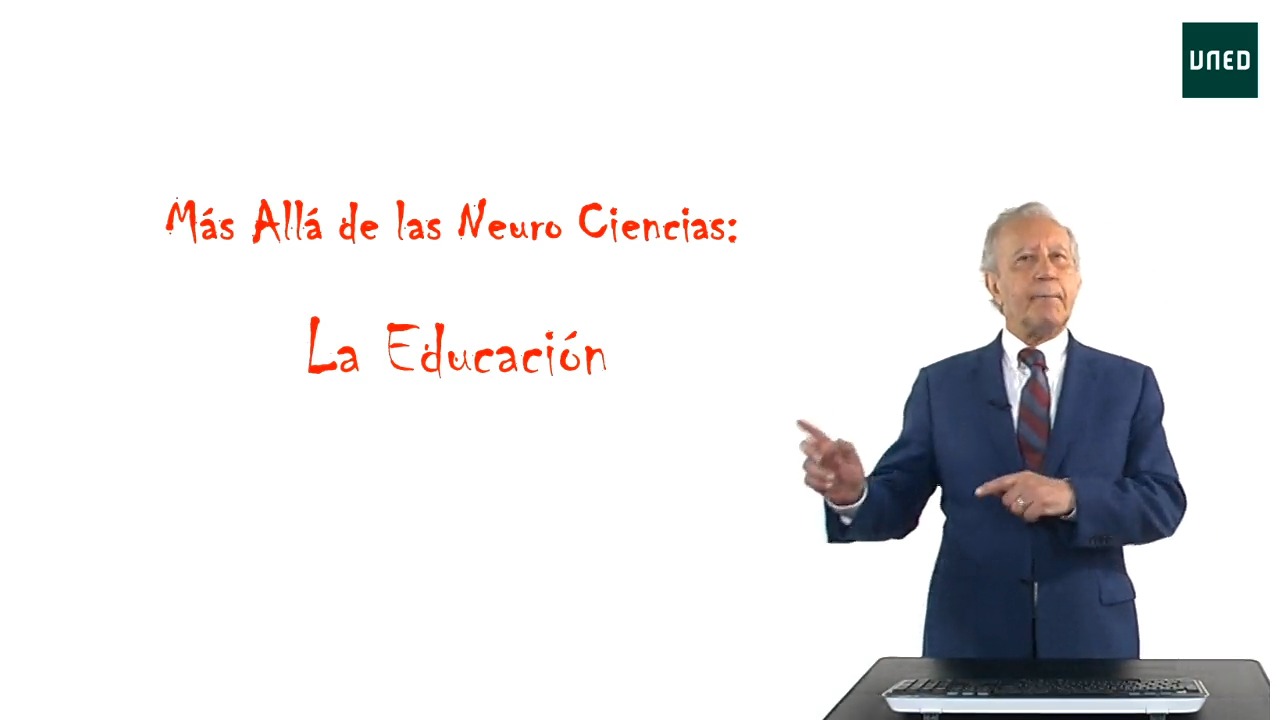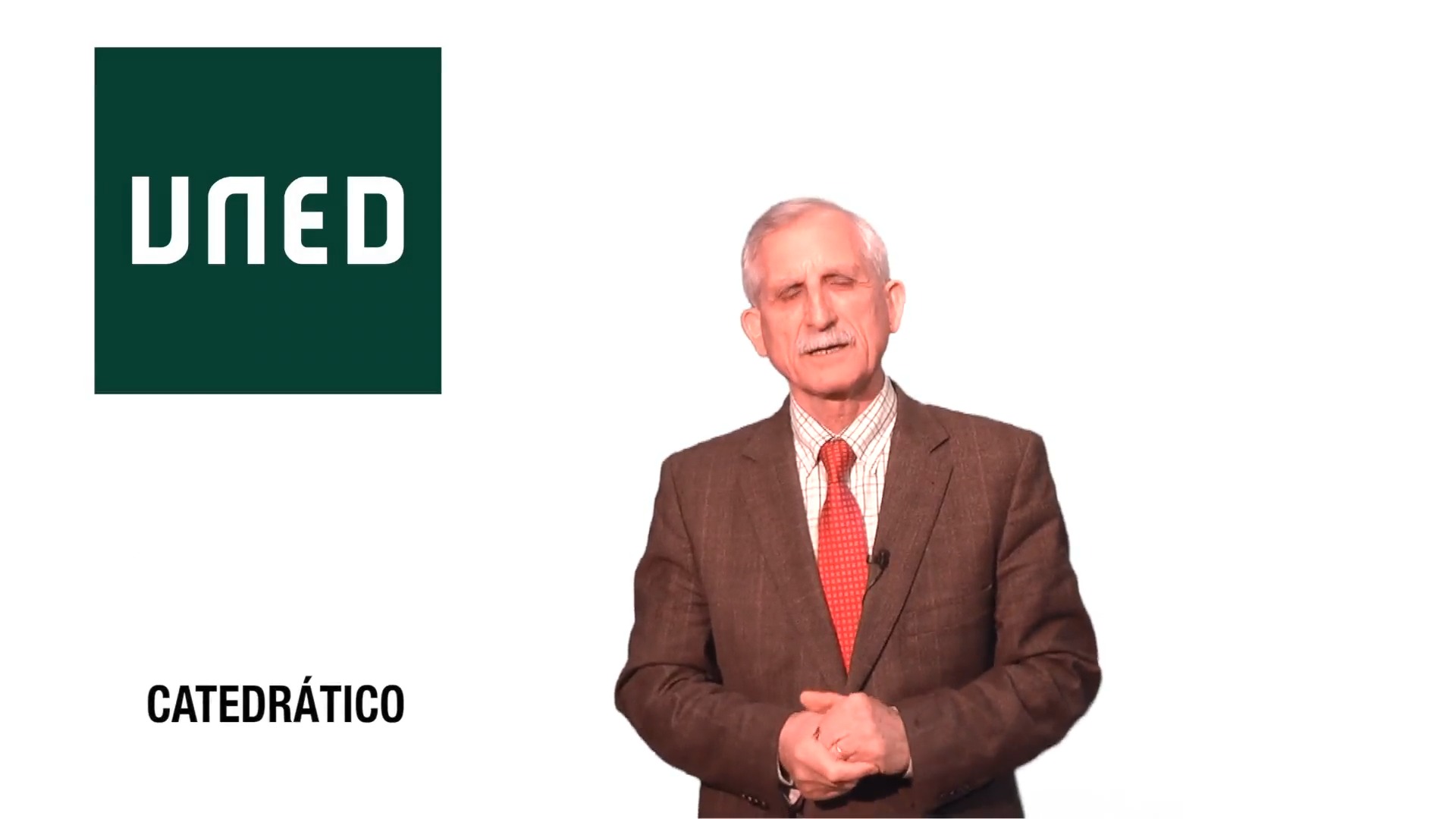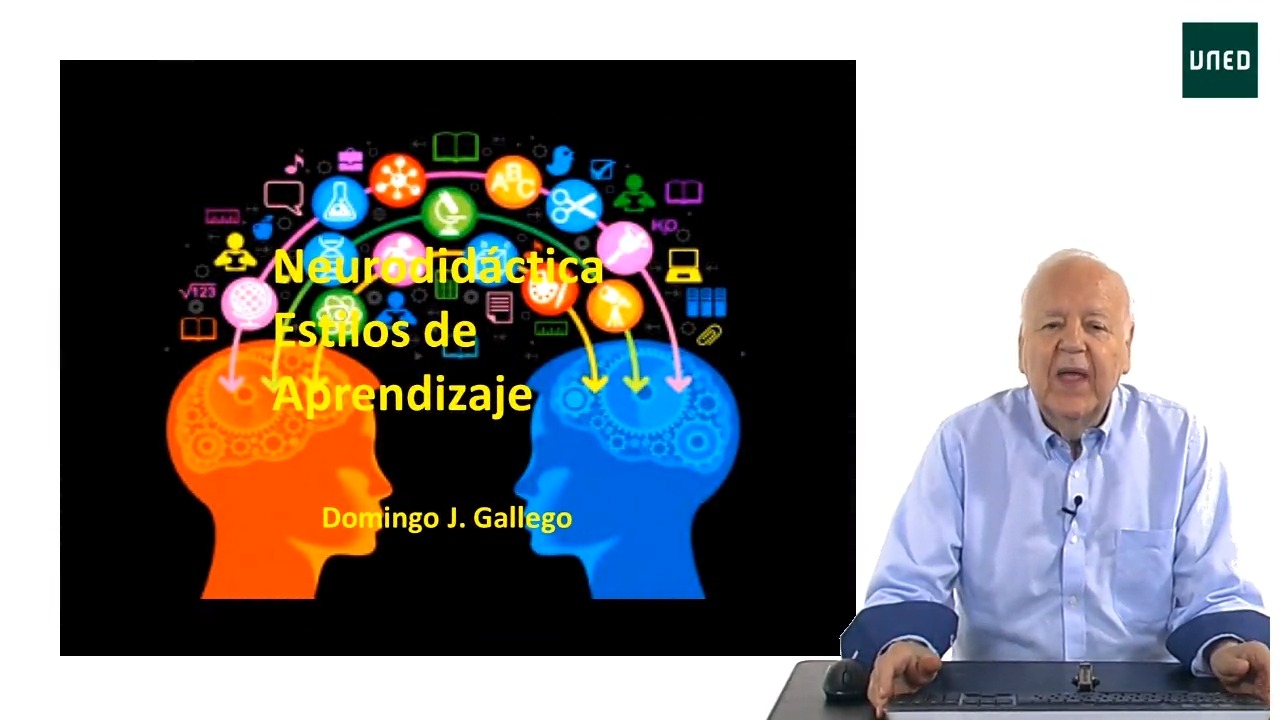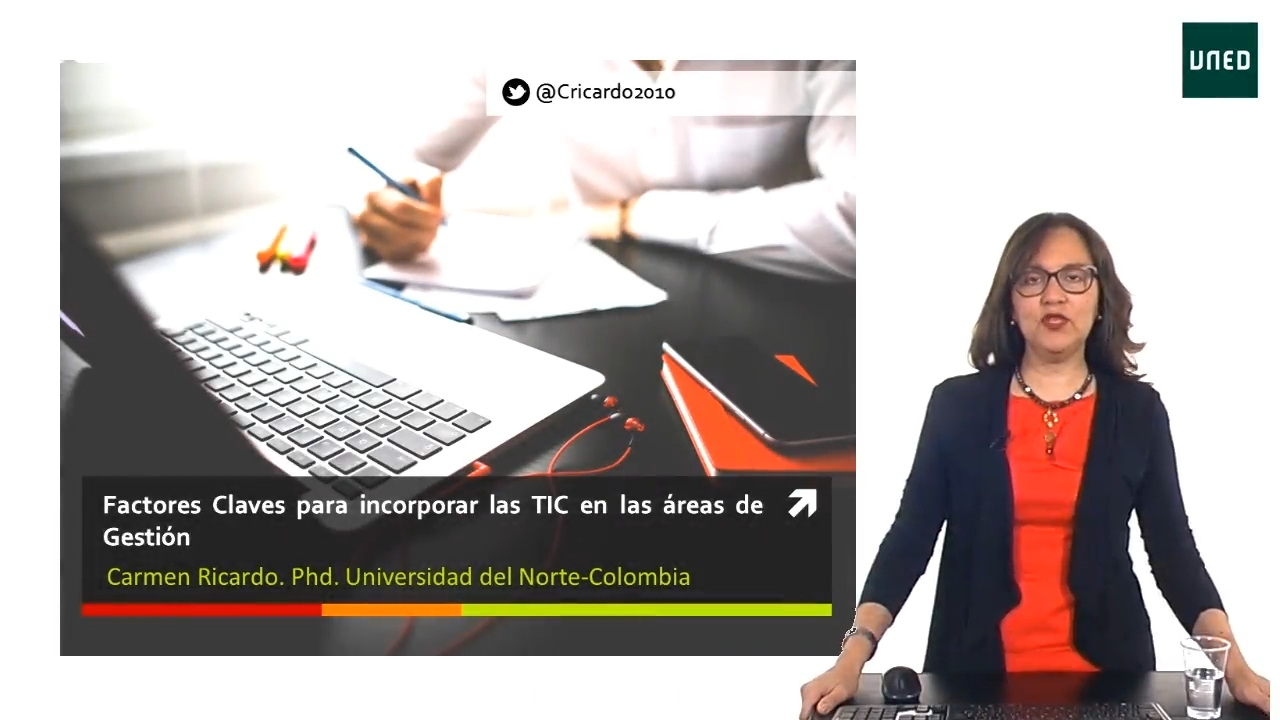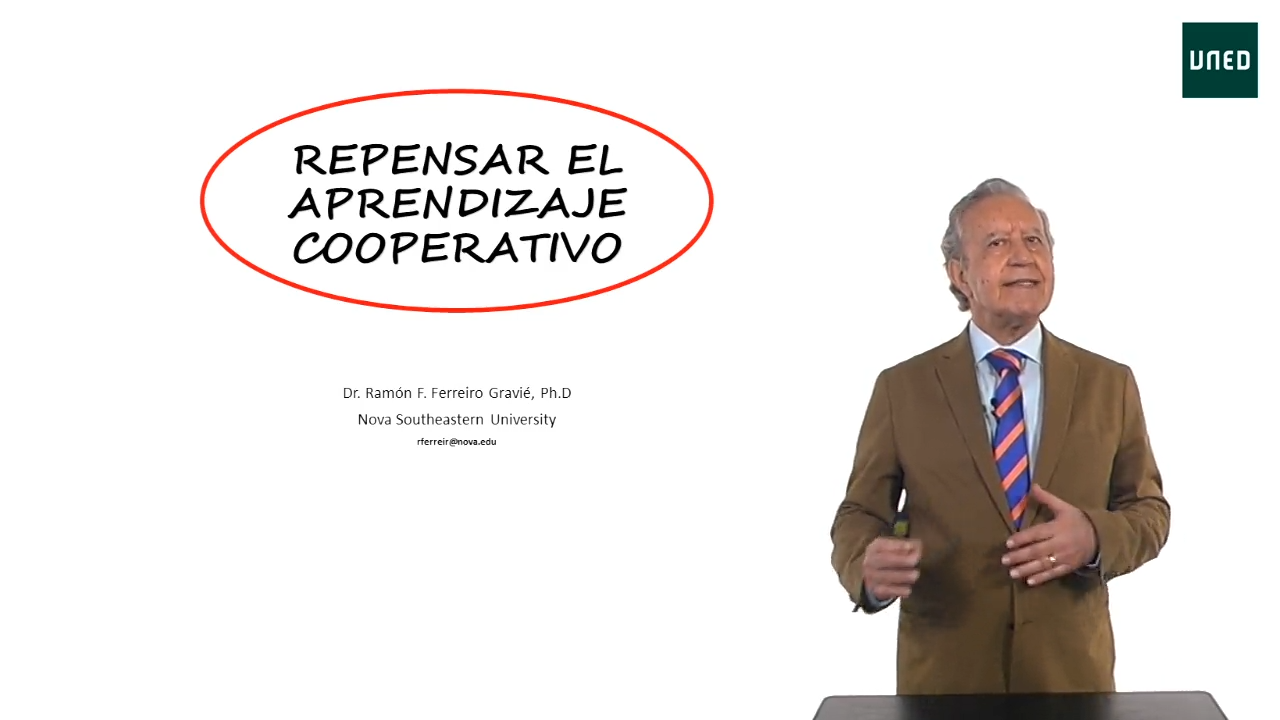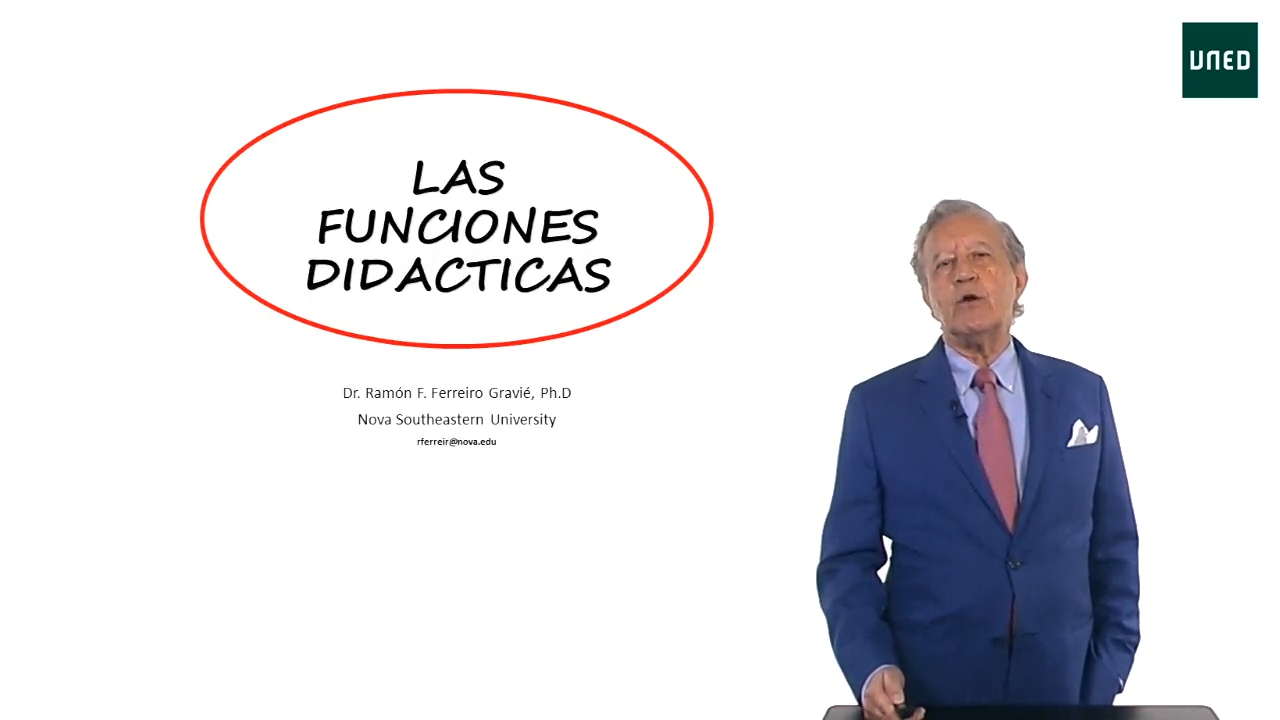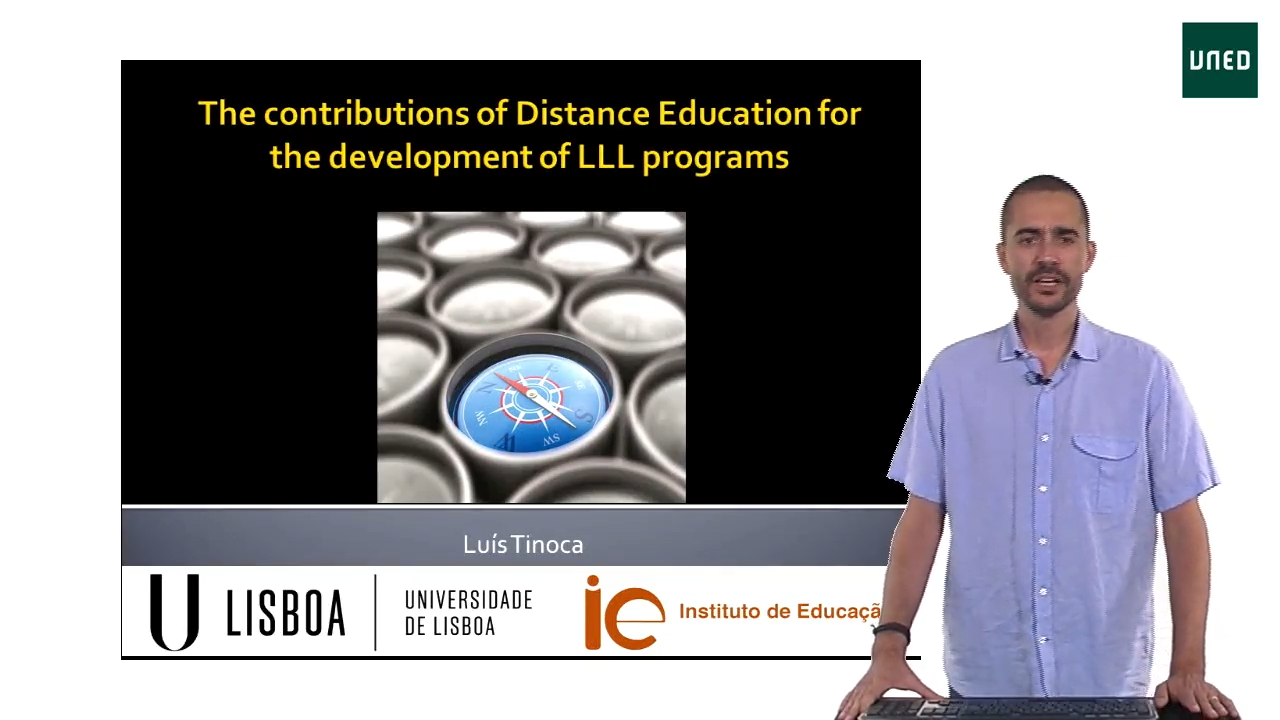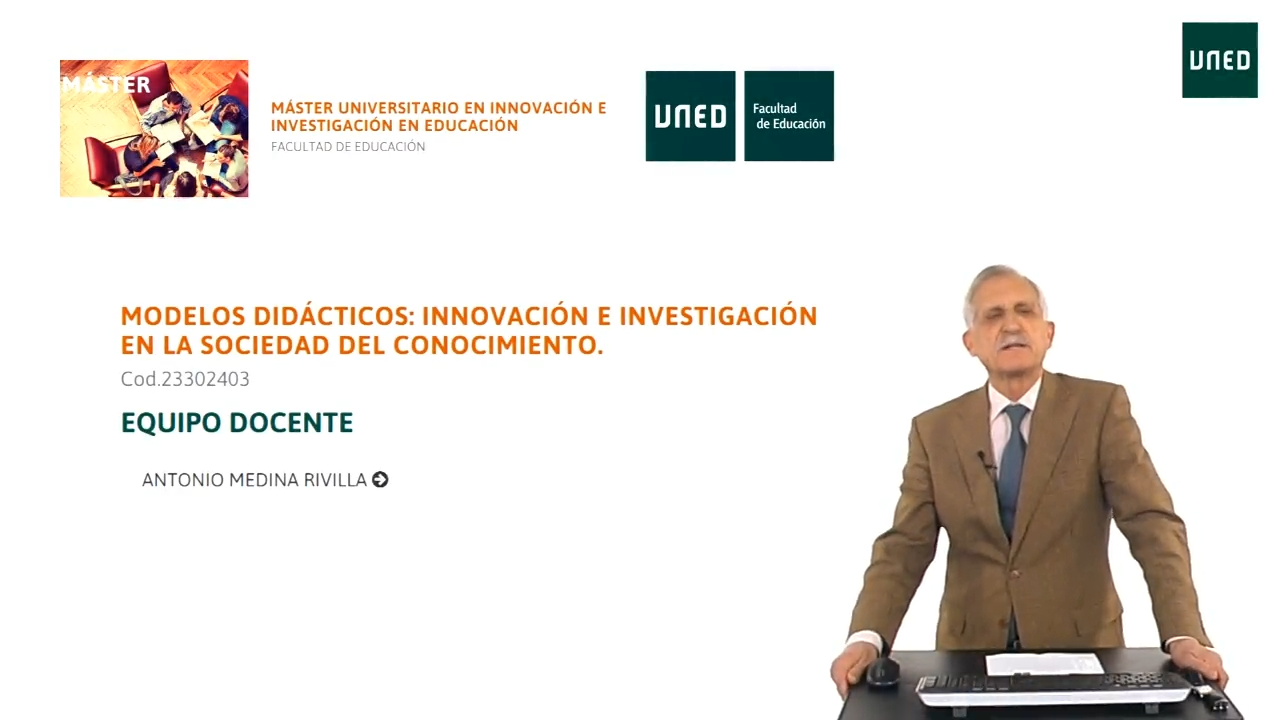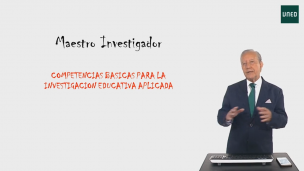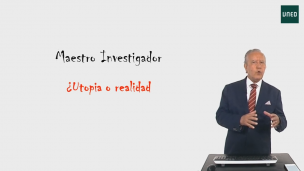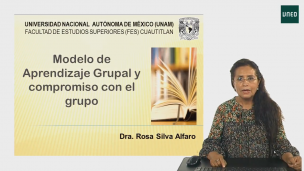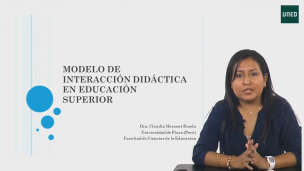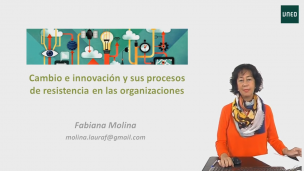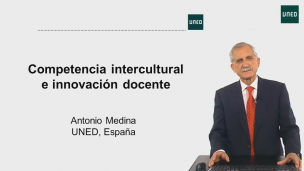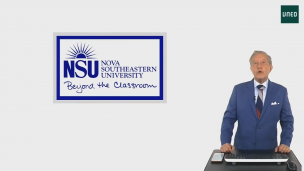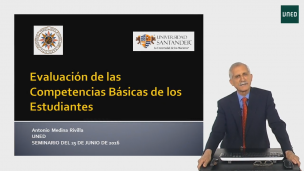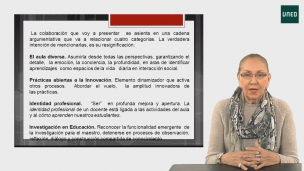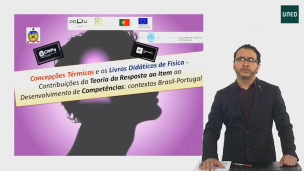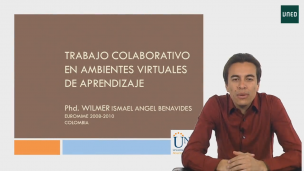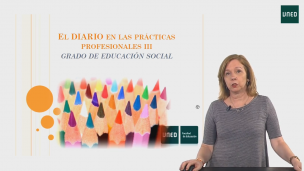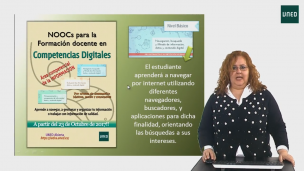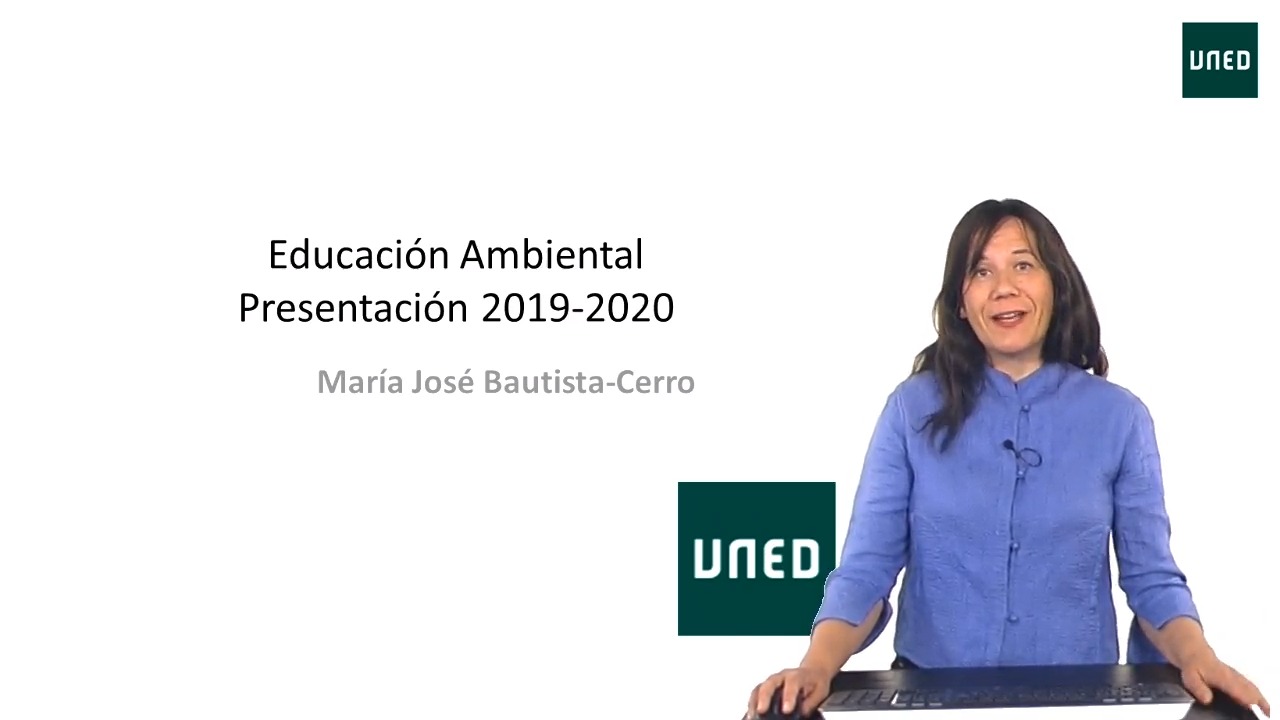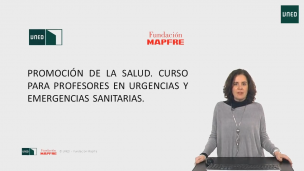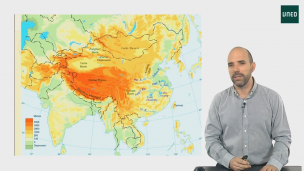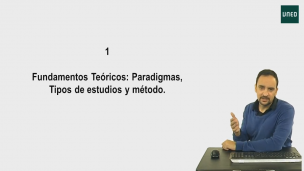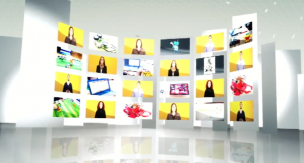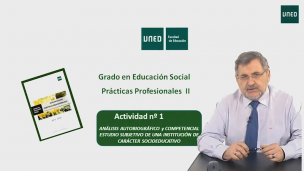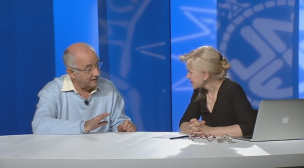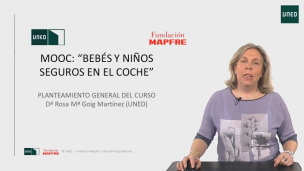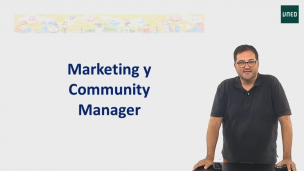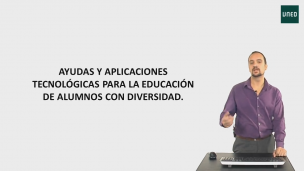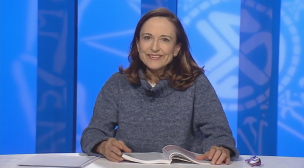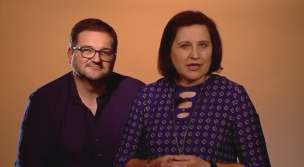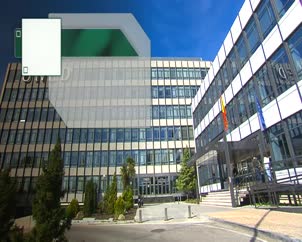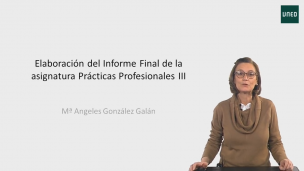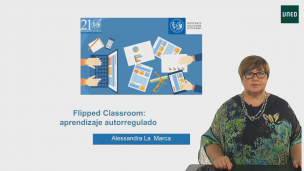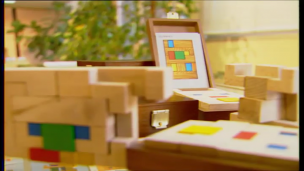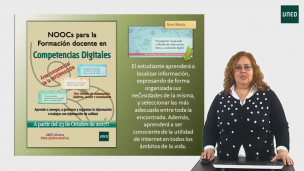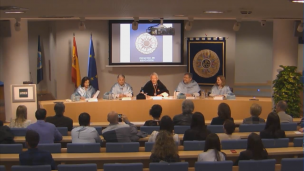The contributions of Distance Education for the Development of LifeLong Learning Programs
We start by reflecting on what can be interpreted as LifeLong Learning (LLL), clarifying some of the different interpretations of what LLL can be like and introducing our own working definition for LLL as the continued education and training of people throughout their adult lives, encompassing all academic levels and all forms of learning, whether formal, non-formal, or informal, but focusing our interest in the continuing education and training of people at higher education level through structured (formal, non-formal or informal) courses or activities offered by Institutions of Higher Education. Furthermore, we discuss some of the European policy frameworks already in place, and some of the current efforts to implement LLL opportunities in throughout Europe, as well as some of the main obstacles still standing in its way. Next, we explore and characterize the diversity of the LLL student, mainly as an adult employed professional, and argue how all traditional sectors are represente d in the LLL spectrum of experiences. We then explore some of the opportunities presented by these three types of learning, and pay particular attention to how distance education can enhance both non-formal and informal LLL experiences. Moreover, gathering the experiences shared by the 14 participating institutions of higher education across Europe, we developed a list of success factors for organizing LLL around three main areas: content, pedagogical delivery, and organizational issues. Finally, we illustrate the potential of LLL with three representative examples of good practices that illustrate how institutions of higher education can develop successful LLL opportunities, in a variety of forms, and across traditional disciplinary fields.
-
Luís Tinoca, Ph.D assistant professor, Institute of Education, University of LisbonRaquel Viejo Montesinos realizadora UNED Media
Archivos adjuntos


